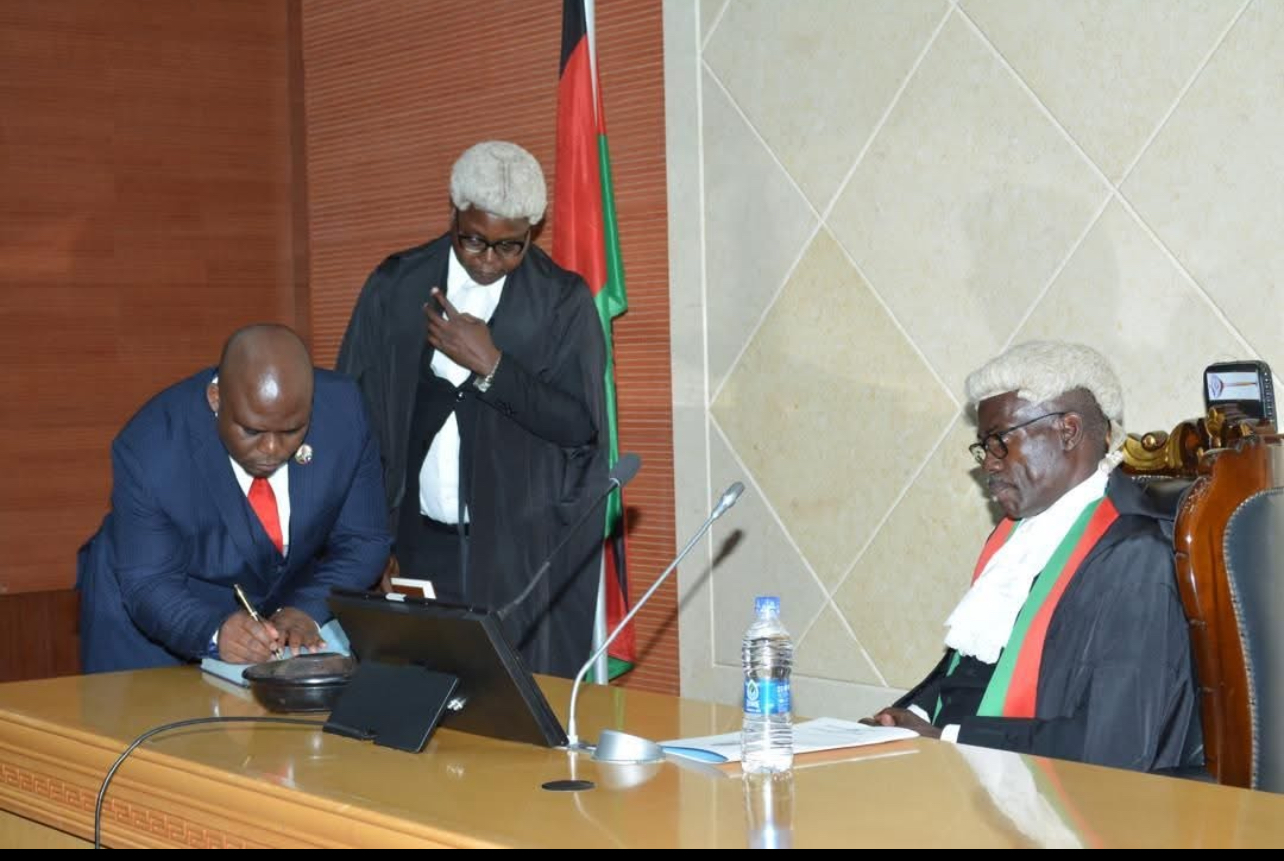Stop the Lies: Parliament Has Every Right to Rewrite the CDF Law
There has been an avalanche of commentary on the Constituency Development Fund (CDF), much of it loud but painfully shallow. It is time to bring clarity, legality and constitutional logic to this debate.

CDF is not some strange Malawian invention. It exists—in almost identical form—in Zambia, Nigeria, Tanzania and several other democracies. And in all these jurisdictions, Members of Parliament are not fenced out of its management. Why? Because MPs are the elected heads of constituencies. They carry the mandate of the people. To exclude them from constituency-level development management is to amputate the very principle of representative democracy.
On 26 May 2025, the High Court—sitting as a Constitutional Court—ruled that the current arrangement of MPs managing CDF was unconstitutional. Government appealed. Government later withdrew the appeal. The effect? The matter is no longer before the courts. The Court delivered its judgment and became functus officio. There is no legal dispute pending. No case alive. Nothing sub judice.
This means Parliament now holds full constitutional authority to legislate on CDF and correct the constitutional defect highlighted by the Court. It is not only lawful to do so—it is necessary.
Let us dispel a dangerously misguided argument circulating in some quarters: the idea that Parliament, by amending the Constitution to include CDF, would be “violating” the High Court judgment. This view is rooted in a fundamental misunderstanding of the doctrine of separation of powers.
Here are the facts:
1. Parliament is the supreme law-making authority in Malawi.
No court judgment can freeze Parliament’s power to legislate—least of all on matters the Court itself has already concluded.
2. Constitutional amendment is a constitutional act.
Parliament will be acting under the Constitution to amend the Constitution. There is nothing unconstitutional about that.
3. Once amended, every provision of the Constitution becomes constitutional by definition.
Constitutional provisions do not contradict each other. They are interpreted harmoniously as a single legal instrument. Therefore, the moment CDF is properly inserted into the Constitution, its management framework automatically becomes constitutional.
4. Parliament is not overturning the Court’s judgment—it is responding to it.
This is how checks and balances work. The Judiciary interprets the law. The Legislature fixes the law. That is the architecture of constitutional democracy.
MPs represent their constituents; when they sit in Parliament, they carry that mandate. It is absurd to suggest that Parliament cannot legislate on a developmental fund designed precisely for the welfare of those constituents.
The High Court identified a constitutional irregularity. Parliament now has the responsibility—and the democratic legitimacy—to cure it. That is not defiance. That is constitutionalism at work.
Follow and Subscribe Nyasa TV :
